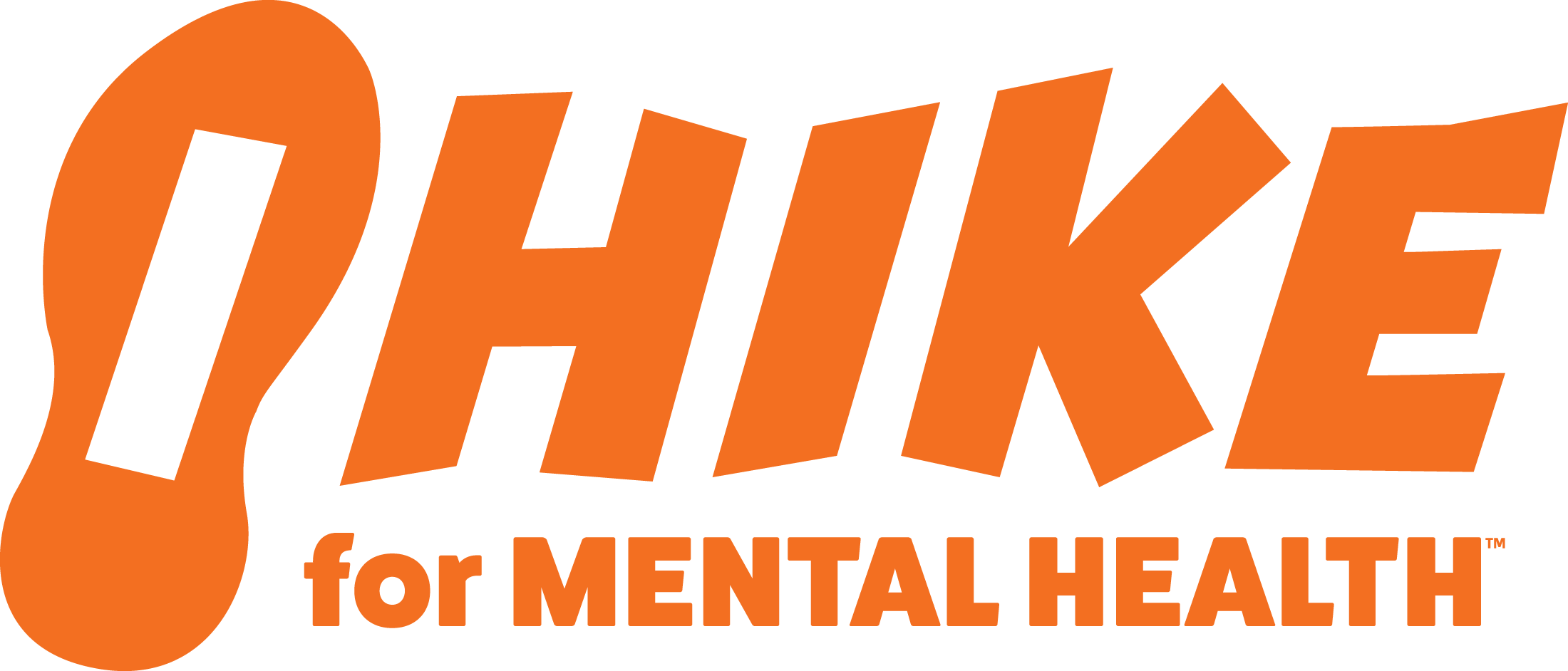Mental Health Awareness Week
While growing up, for many of you visiting your physician for a wellness check-up started in infancy. It was just something that your parents/guardians did to make sure you were physically developing in a healthy way. And when there were times you weren’t feeling well, it was normal to go visit the doctor to find out what’s wrong. Maybe you had an ear infection, or strep throat, or a kidney infection. No matter what the diagnosis, the driving force was: you physically felt bad. Fast forward to young adulthood when you had a specific pain located somewhere in your body, or a fever, or maybe you felt fatigued and run down, it was natural to call the doctor and make an appointment. This is because it had been normalized for you since birth.
Just like we all have physical health we all have mental health as well. Unfortunately, for many of you, taking care of your mental health wasn’t normalized in the same way. Too often I hear parents or spouses make comments like, “What does she have to feel sad about? She’s got it made!” “She’s just trying to get attention.” “He’s an athlete and everyone looks up to him. He can’t be depressed.” “He’s just lazy.” And the most egregious comment I’ve heard to-date: “Obviously you aren’t really suicidal, because you’re still alive.” For all the progress we’ve made and are making surrounding mental health stigma, we still have work to do.
This is Mental Health Awareness Week. What a great time to take the opportunity and check in on your own mental health. There is a connection between your physical and mental health. One of my favorite sayings is “Mental health is HEALTH.” There are very real physical symptoms associated with depression and anxiety. For example, many people who struggle with depression report more headaches, back aches, and body pains. Likewise, many people who struggle with anxiety report more stomach problems and digestive issues. There’s often times an issue with feeling fatigued, or run down, and having little energy. So, take a moment and check in with your body: How are you feeling physically? When is the last time you had blood work done to make sure you’re body is functioning at an optimal level?
Many times when people are struggling with their mental health they report a variety of sleep issues. For example, one of the most common reported issues in depression involves hypersomnolence, which is excessive daytime sleepiness. However, did you know that early morning waking is also associated with depression and anxiety? It’s one of the most under-reported sleep issues, unless directly asked about. Also, many people who struggle with anxiety and depression have trouble falling asleep as well, due to things like rumination and/or worry. A change in sleep schedule that lasts for several days or longer can be a clue that something is wrong. So, let’s check in: How has your sleep been the past 1-2 weeks?
Another common symptom associated with mental health that relates to physical health is appetite & nutrition. There’s a great deal of science that suggests what we eat impacts our mental and physical health. I could write an entire post on this, but for now I’ll stay on track. Many people who struggle with anxiety and/or depression report not only a change in how frequently they’re eating (think a significant decrease or increase in appetite), but also in what they’re eating (think healthy meals comprised of fruits, veggies, fats, and proteins to eating more fast food and junk food, higher in carbs, sugar, and unhealthy fats). There are many reasons for this, but two of the most common I hear have to do with time and energy. Cooking and eating healthier requires time, energy, and motivation that’s often not present when actively struggling with anxiety and/or depression. Also, there’s a quick boost of energy and mood provided by sugary and high carb foods that’s been reported by my clients. These foods require less effort and energy to prepare. So, in light of this information let’s check in on your eating patterns: How is your appetite and what have you been consuming in the past 1-2 weeks? Have there been any dramatic changes in how often, when, why, and what you’re eating?
These are just 3 common areas that can provide clues to your overall mental well-being. If you have any concerns, take the time to see your primary care physician. Talk openly about these lifestyle factors and any other concerns you may have about your thoughts, feelings, and behaviors. Or, go see a counselor! We’re here to help as well.
Disclaimer – the information provided in this article is intended to educate and inform, not to diagnose. Please see your primary care physician or a mental health provider for an appropriate diagnosis.
